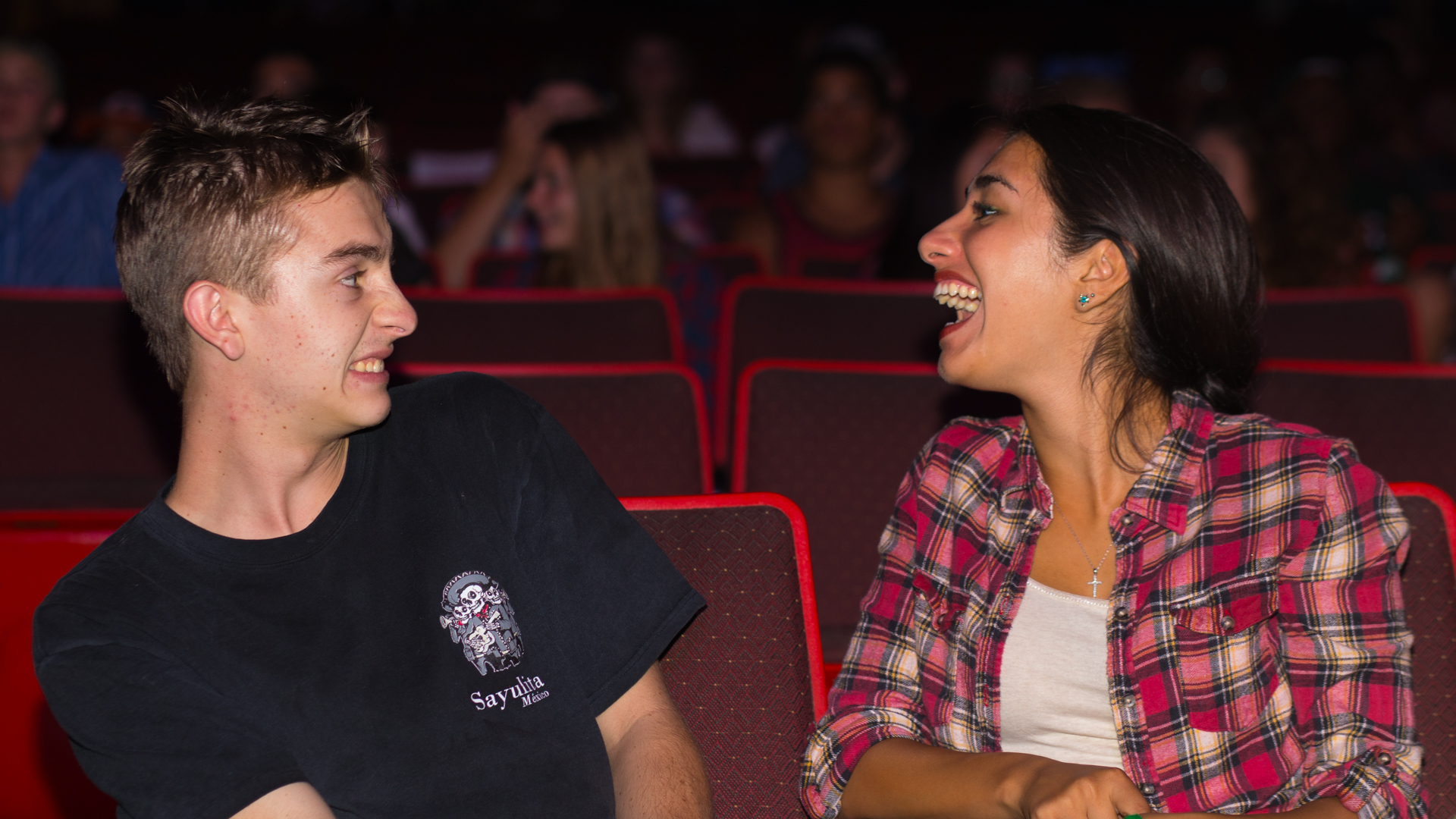As with most of us, when I get talking, the things that I love most begin to spill out. I am a sports fan. I love to watch, talk, read, and play sports! That means I’ll find some way of coming back to sports in a conversation. I’m sure if you thought about it, you could find something that you love to talk about. For some it’s a project they’re working on, for others it’s their kids, and still others what they had for lunch. Whatever it is we love, instantly relates us to others.
When I was a youth pastor, I found out quickly that my love for sports engaged me with the guys in my group. As I spoke, I would reference a recent matchup or use a sports analogy and this built my credibility with the boys (I don’t write this to assume that there are no girls who love sports, but in this specific case, it was the bros that responded). It took a prompting from my loving and perhaps more observant wife to help me see that I hadn’t connected as well with the ladies in our group.
So, how do you go about engaging a group of people in your group that you don’t naturally lean towards? I have two specific ideas for you.
COMMON GROUND
The first is to find common ground. Youth Ministry is all about relationships. Relationships with your Lead Pastor, church members, board members, mentors, peers, and most important of all, your students (yes, Jesus is the most important, just go with it)! Do you remember when you were brand new to the #YouthMin game and you were so worried about what students thought of you? How did you begin to break down those barriers? Maybe you took students to lunch or visited them at school. Perhaps you went to their houses or took them to the movies. Whatever you did (or need to do…), you were doing the principle of common ground. As you build those personal relationships, you will naturally begin to be more inclusive as a youth pastor or leader. When you know your group’s likes and dislikes you begin to do one of the number one rules of youth ministry, you begin to adapt to your audience.
INTENTIONALITY
The second way to engage both genders is to be intentional. Intentionality is when you realize your deficits and you begin to actually work on them. As you write your messages or plan trips, as you hang with students or build a leadership team think about who you need to reach before you go with what’s comfortable. And that’s really what it boils down to isn’t it, comfort? I would like to think that none of us mean to alienate students in our group. However, we often get caught in ruts that are just comfortable for us. Sports is a comfortable fall back for me. When I’m in an awkward situation or a thought pops into my head while teaching, I can quickly relate it to sports and it makes sense to me and a few others. When we realize these comfort zones and we intentionally begin to work on them, we will strive to make sure we are including as many students as we can. That may mean that you have to learn something you normally wouldn’t like the lyrics to Justin Bieber songs or all of the characters on Pretty Little Liars or even the names and mascots of every NFL team. But I promise your hard work (and perhaps torture) will pay off!
As we begin to expand our own horizons, we will become that much more aware of the students sitting in our crowds. If we can begin to intentionally find common ground with the students in our groups, then the they will begin to connect on a deeper level with us. This builds trust. This allows for conversation. This will ultimately lead to change!
Kyle Wood
Director of Operations & Communications
Never The Same
© 2016, Never The Same


